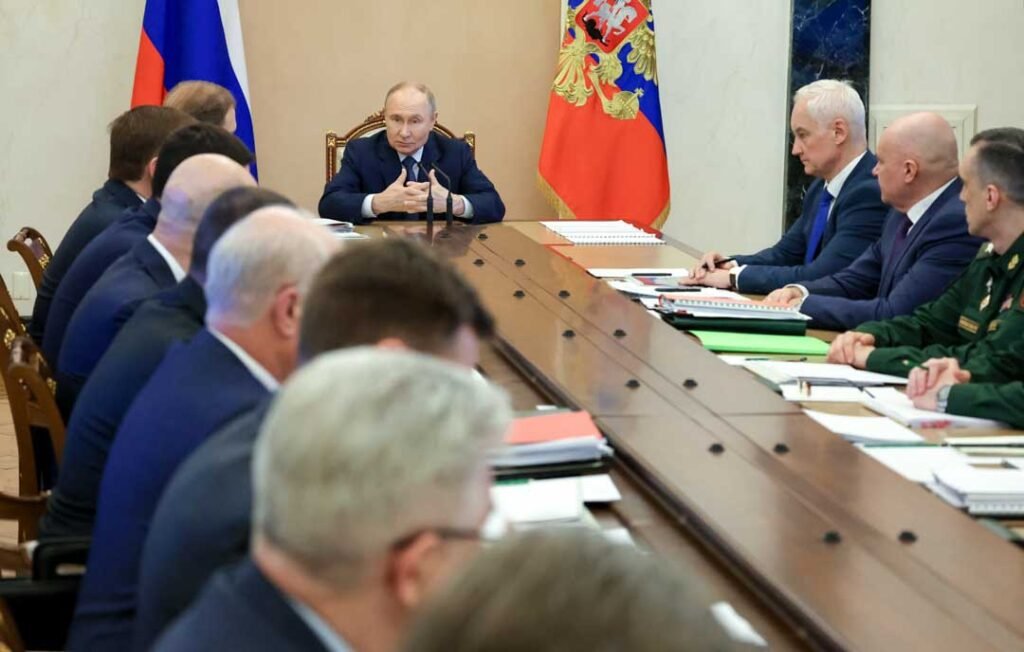Germany and Belgium have rejected calls to seize Russian state funds frozen in the European Union, warning of both legal complications and risks to Europe’s financial stability.
German Chancellor Friedrich Merz and Belgian Prime Minister Bart De Wever met in Berlin, where both leaders said confiscating Russia’s central bank reserves outright would be dangerous. De Wever highlighted the legal barriers, while Merz cautioned that such a move could scare off other countries that keep their reserves in Europe.
Since the invasion of Ukraine, about €210 billion of Russian central bank assets have been frozen in the EU. For now, only the interest generated is being used to buy weapons and ammunition for Ukraine. Proposals to directly seize the funds remain divisive.
De Wever backed the current approach, likening the frozen reserves to a “goose that lays golden eggs,” and said the assets themselves should only be considered once peace is achieved between Russia and Ukraine.
The disagreement highlights deep divisions within the EU over how far to go in punishing Moscow while still protecting Europe’s own financial credibility. While countries like Poland and the Baltic states push for tougher measures, Germany and Belgium fear long-term damage to Europe’s role as a safe hub for global reserves. The debate will likely shape how the EU balances solidarity with Ukraine against the stability of its own financial system.
Source: Viewers Corner News

